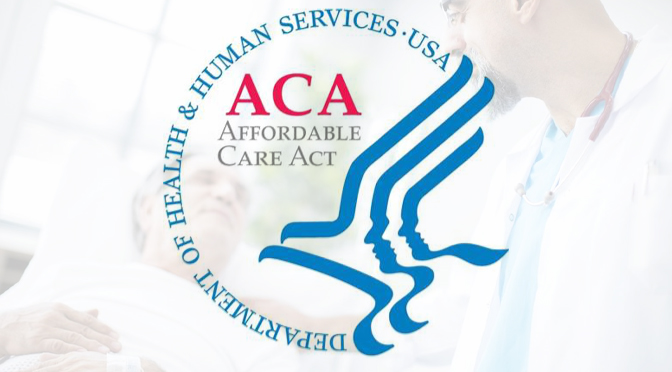Contributed by:
State Rep. Peter Schweyer
D-Lehigh
www.pahouse.com/schweyer

D-Lehigh
There is so much to the business side of health care – insurance and the government’s role for example – that greatly impact patients’ health and their quality of life. It is part of the health care debate that gets lost in the noise and name calling of modern day politics.
I served as an administrator at Sacred Heart Hospital in center city Allentown. We were very much aware of our image as an inner-city hospital with inferior facilities, treating people living near the poverty line. Though Sacred Heart had excellent doctors, it did in fact have inferior facilities. And as a true safety-net hospital, Sacred Heart primarily took care of the most underserved people in our community.
The view from the inside was quite telling as there were daily, concrete examples of the gross inequities in health care. Our financial statements told the ugly story of how the entire system was rigged against those less fortunate.
Sacred Heart’s patients often had substandard health insurance or no insurance at all, thus their care often went unpaid. It made running the hospital extremely difficult and left little cash to invest in the facility or newer technology.
This is a major part of the cycle of health care inequality: underinsured patients tend to live in disadvantaged communities, the local hospital provides care without adequate compensation and therefore cannot invest in itself. Those patients ultimately rely on hospitals that cannot afford the newest and best equipment.
That was in June 2012, in the days before the Affordable Care Act (aka ACA or Obamacare) was surprisingly upheld by a conservative Supreme Court. And after that decision, things began to change.
The ACA gave more people access to health insurance, which was obviously good for their well-being, but it also aided health care networks, particularly struggling ones.
The debate surrounding our nation’s health care system is one of people’s frustrations with the current system vs. the fear of what could be next. But instead of talking honestly, the debate has devolved into name calling and scare tactics.
We must take a step back and focus on what matters. Every health care plan should have four basic tenants: 1) the ability to see a professional health care worker when one is sick, 2) the ability for folks to manage their own health (chronic illnesses and general wellness alike), 3) an expectation of privacy, as neither the government nor private businesses should interfere with health care decisions, and 4) affordability.
While far from perfect, the ACA successfully focuses on those four ideas.
It also includes a vital provision that protects patients with pre-existing conditions. People no longer face the risk of losing their health insurance (or having costs skyrocket to the point of making it unaffordable) due to ailments like diabetes, breast cancer or high blood pressure. (Fun fact: pregnancy is a pre-existing condition, too.)
In March, the Trump administration once again declared that the Affordable Care Act needs to be thrown out in its entirety, including protections for those with pre-existing conditions. I have written legislation that, if enacted, would protect Pennsylvanians with pre-existing conditions. This is part of a package of bills designed to protect and increase access to health care that you can see at www.plan4pa.com.
We should not accept the dismantling of the ACA. We’ll never achieve a better health care system – one that focuses on those four basic tenants – by destroying our current system and only wishing for a better one.
If we first stop the fear mongering, name calling and the noise and then build upon what was started with the ACA, we can create a better health care system for all Americans. We can help those with pre-existing conditions while breaking that cycle of health care inequality. Ultimately, we must make sure all Americans have access to good doctors without fear of bankruptcy.
(State Rep. Peter Schweyer, D-Lehigh, serves the 22nd Legislative District in the Pennsylvania House of Representatives.)






